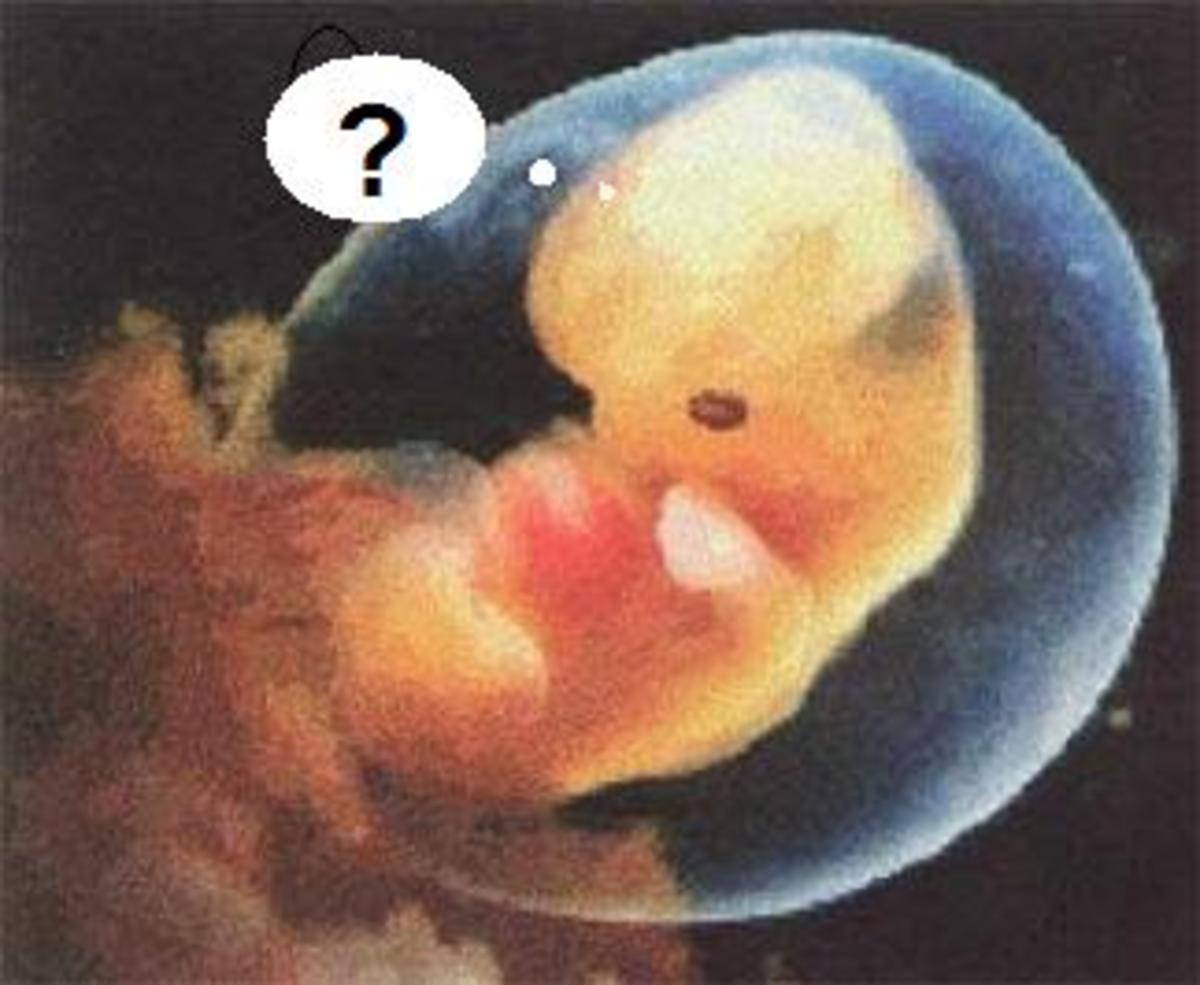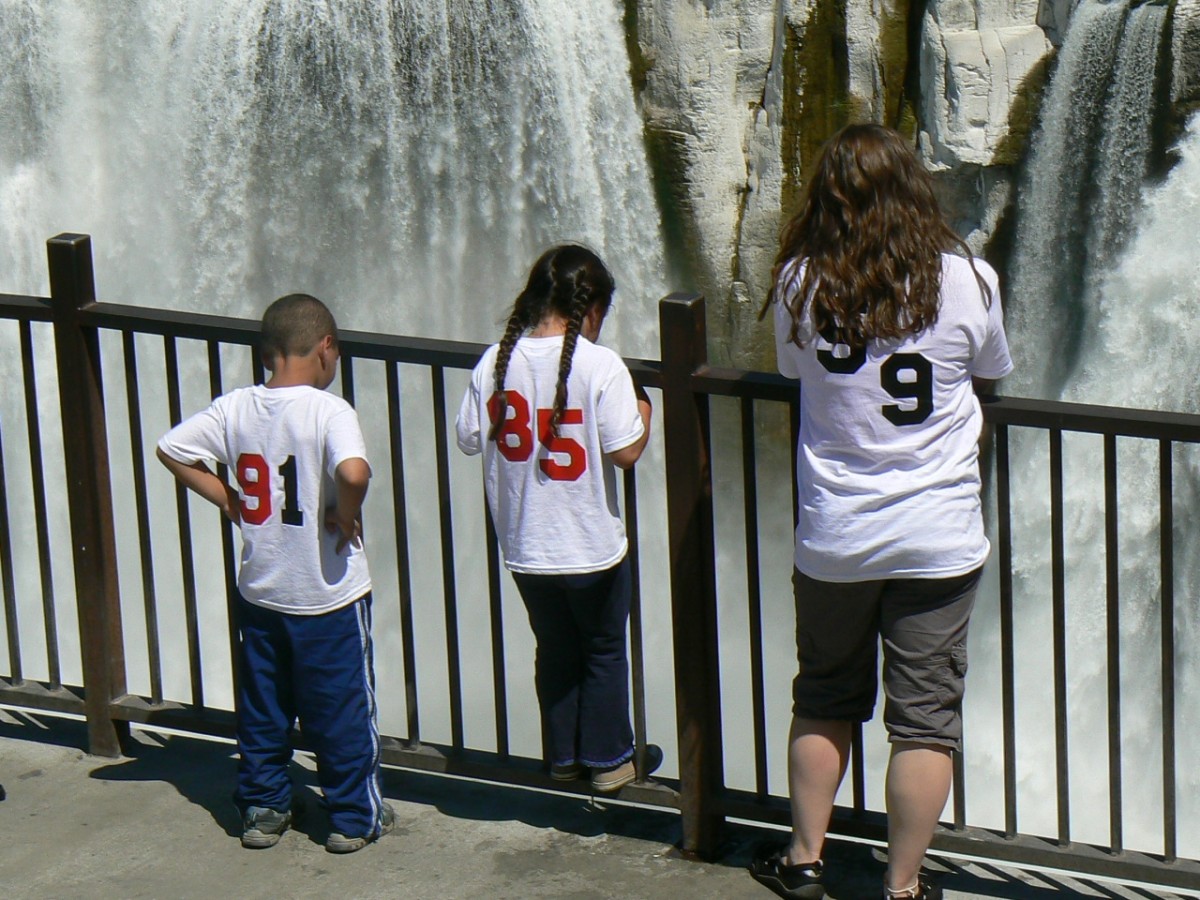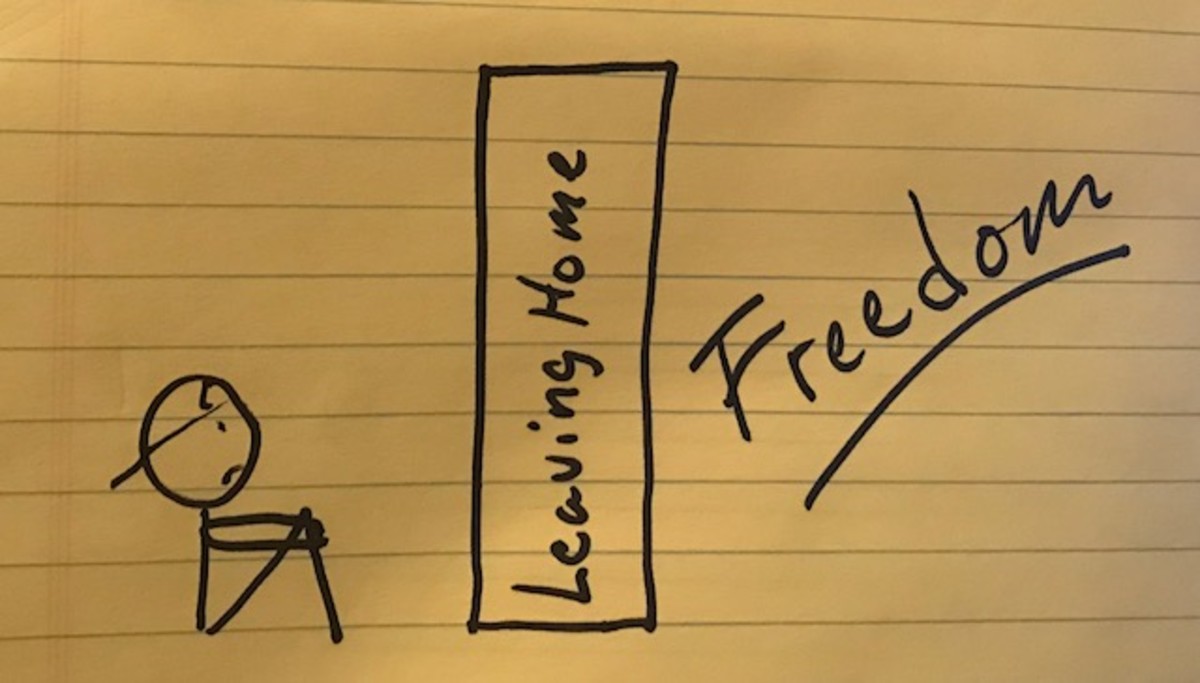Explaining the Death of a Loved One to a Very Young Child
This question was posed to me several times recently, by one of my young friends (let’s call him Joshua -- that isn’t his real name) who had only just turned 4 years old. His beloved “Boppa” (grandfather) had recently died and he was trying to understand why.
I was not prepared for that particular question. Most of his questions and those of my other charges related to things like teddy bears, Spider Man, and sometimes scientific matters, like what causes earthquakes, what is fog and where does it come from, and those sorts of questions.
Joshua was very concerned about death after his Boppa died and every day he would ask me the same question. Every day he would have the same strained look on his face, as he seemed to be struggling with trying to understand about death. Since he continued to ask the same questions, it was clear my answers had not yet made sense to him.
Joshua continued to ask me, “Why do people die all the time? Why do people die? Why haven’t you died? Am I going to die?”

When children are suddenly and unexpectedly faced with the death of a loved one, they naturally start to worry that more of the people they care about will die.
Joshua not only began asking about death, which was a mystery to him, but he also expressed a concern that other loved ones might suddenly disappear from his life as a result of this strange and scary thing called death. He also worried about his own death.
Perhaps it was my inability to remove uncertainty from the mix that was unsettling to Joshua. I could reassure him only to a point, that neither of his parents would die anytime soon. I could not tell him that he absolutely would not die soon, but only that he, like most people, would most probably live for many more years to come. I could only tell him that the possibility of his, or his parent’s deaths was unlikely. I could not guarantee it, as he seemed to want me to do.
Since I work for a government entity I have to be careful not to include any reference to religion when answering questions children ask me - no, I am not a school teacher. Sometimes not being able to reference any religious belief can make it tougher to come up with an answer.
Some parents are uncomfortable and therefore hesitant to answer questions on certain subjects, yet that is part of a parent’s responsibilities. No one I know has ever said parenting is easy, and surely trying to explain death to a very young child may be one of the more challenging times.
The following are some of the questions and answers Joshua and I discussed. I do not claim to have all the answers or even the best answers, but perhaps this will help someone else if they are confronted with these, or similar questions from a young child on death.
Questions and Answers
Joshua: “Why do people die?”
Me: “There are a lot of different reasons why people die. Sometimes it is because they are sick and their body is not able to overcome the sickness and mend itself. Sometimes people are hurt in an accident and their body is not able to repair itself because the injuries (hurts, owies, or whatever words your child understands) are too severe. When people get very old their body often gets tired because it has lived a long time and so their body simply wears out. Sort of like when you have a favorite toy that you take everywhere you go and after a long time it wears out. Was your Boppa old?”
Joshua: “Yes, he was an old man. But why was he old?”
Me: “Your Boppa was old because he lived a long time. Most people live a long time before they die.”
Joshua: “Why didn’t you die?”
Me: “Because I have been able to stay healthy enough to stay alive, and I have been lucky not to have been in an accident that I could not recover from. When I have gotten sick, my body has always been able to get well again. When I have been in accidents, my body has always been able to repair itself and get well again. Eventually I will die too. No one knows for sure when they might die, but most people do not die until they are very old.”
Joshua: “Is my mommy going to die?”
Me: “Someday, a long, long time from now when you are all grown up, your mommy will die. That will be a long time from now, and you may even have a little boy of your own just like you by the time that happens.”
Joshua: “But why do people die?”
Me: “Have you ever had a toy that got broken?”
Joshua: “Yes.”
Me: “Was your mommy or daddy always able to fix the broken toy? Did you ever have a toy that got broken that daddy or mommy could not fix?”
Joshua: “Yes, a lot of my toys that broke had to be thrown away. They couldn’t fix them.”
Me: “Sometimes that happens to people. They have an accident, or get sick, and the doctor can’t fix them. The doctor tries very hard to help them get well again, but sometimes nothing will fix them and they die. That is always a sad time, and we miss not being able to see or talk to that person anymore. Then we try to remember all the happy times we spent with that person. Did you have fun with your Boppa when he came to visit?”
Joshua: “Yes, we always had fun.” At this Joshua smiled for the first time during our conversations.
Joshua: “But how do you know when you are going to die?”
Me: “Most people do not know when they are going to die. Sometimes when people are very old or very sick they will know they are going to die soon, but they don’t know exactly when. They do not know what day or what time it will be. Sometimes when people are hurt very badly they know they are going to die, but they do not know exactly when. They just know it will be soon. Most people do not know when it is going to happen. They just know it does not usually happen to people until they are very old.”
Getting Comfortable With An Uncomfortable Subject
It can be helpful in discussing this subject with children, if you are comfortable with the subject yourself. Children easily pick up on attitudes people have about different things. No matter what you say, if you are uncomfortable with the subject, or dislike the subject you are talking about, children will usually sense that.
Death is a natural part of life. Everyone and every living thing eventually dies
So often people who know they are dying want to talk about it with someone, but no one will give them this comfort because so many people are uncomfortable with the subject and fear they will say the wrong thing, or will not know what to say at all.
Talking about death is not morbid. It is no different than talking about any other subject. Death is not only a natural part of life, but it is a fact of life. We must all deal with death at some point -- the death of our parents and other relatives, friends, acquaintances, our own death, and sadly, sometimes the death of our children.
Children Naturally Want To Know How a Death Is Going To Affect Them
Children need reassurance that most things in their lives are not going to change as the result of a death in the family. Sometimes things will change radically if it is the death of a parent, but there are many things that can remain stable and those things should be pointed out so that children have an anchor of sorts that they can hang onto emotionally and psychologically.
Very often what concerns young children most is, “What is going to become of me? How is this going to affect me?” This is natural and adults should do their best to reassure children that all is going to be well with time. Pointing out things that are not going to change can be comforting to children when they are facing something traumatically new or different in their lives.
More Articles Relating to Death
- All About Death -- Do You Know When You Will Die? Here Is the Likely Answer!
The answer to that question -- do people really lose weight immediately after dying because their soul has departed? The dying process, the embalming process, cremation, decomposition, exhumation, home funerals, mausoleums, and much more is explained - Death and Dying: What If You Found Out Today That You Have Only A Few Months To Live?
Put yourself in the place of a dying person. Learn to accept your own mortality and then reach out to someone who has been told they will die soon. Be there to listen and help them accept their situation and prepare for what they must face.
© 2011 C E Clark








